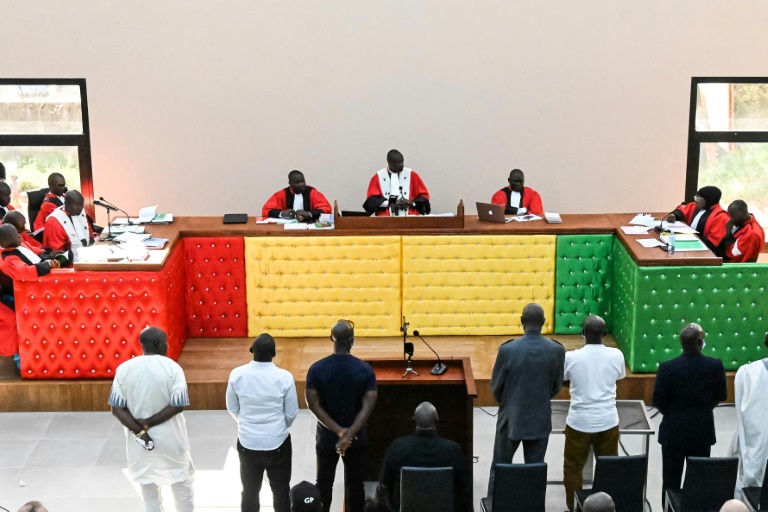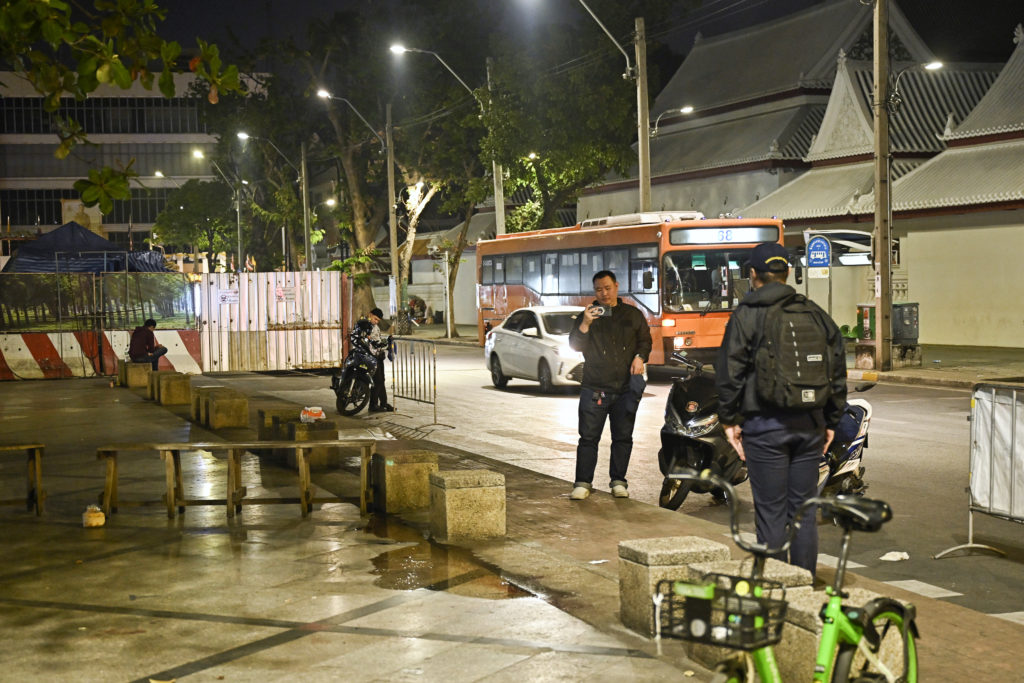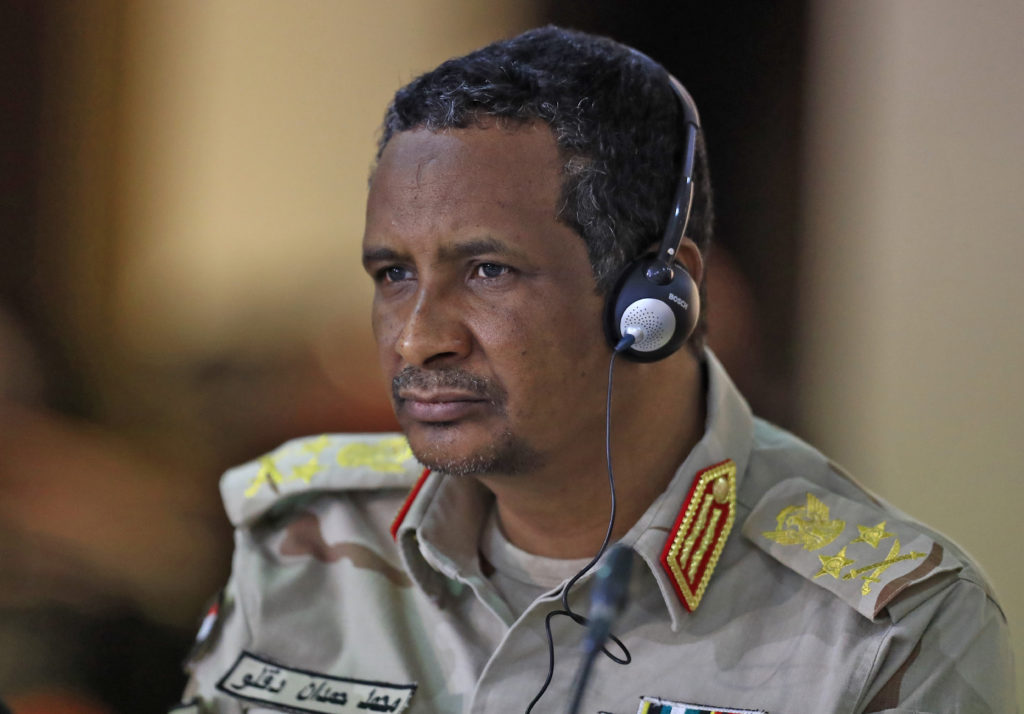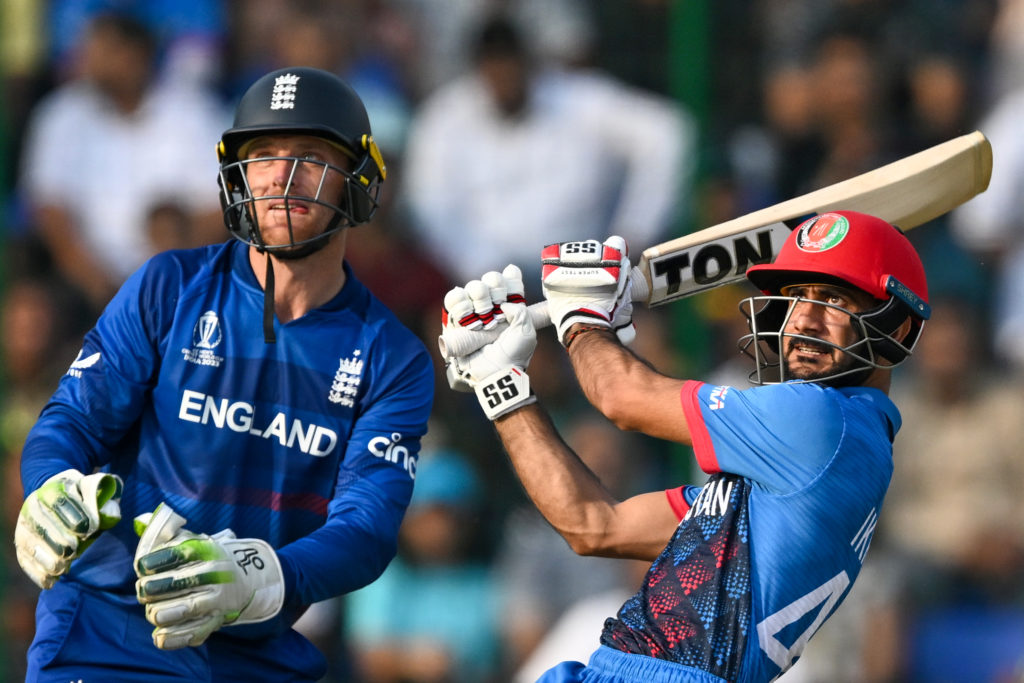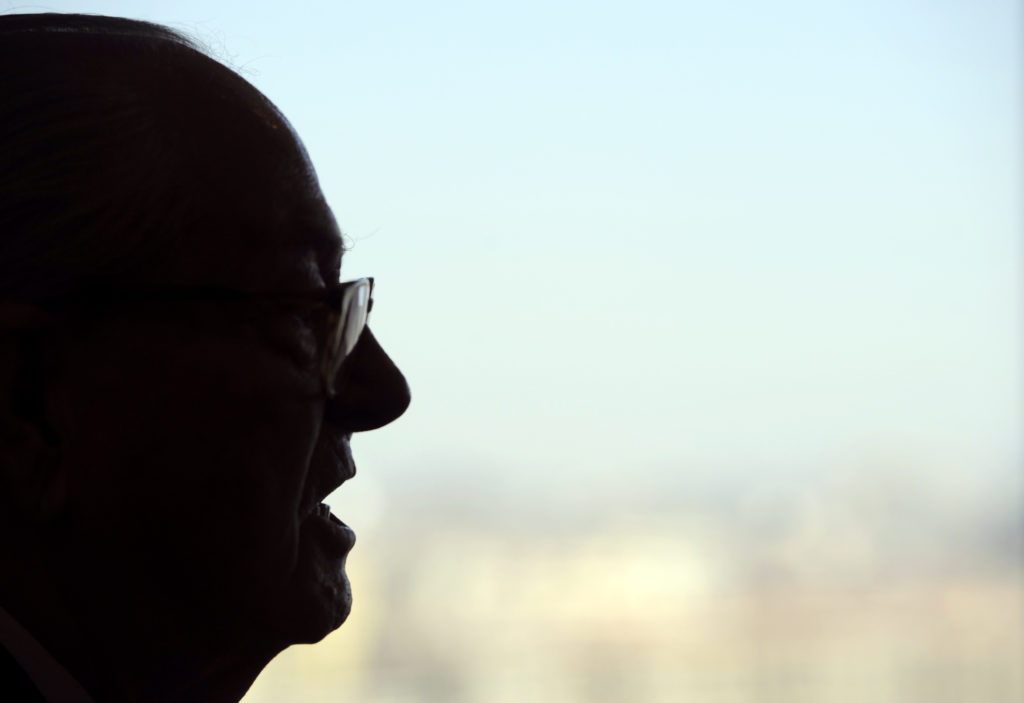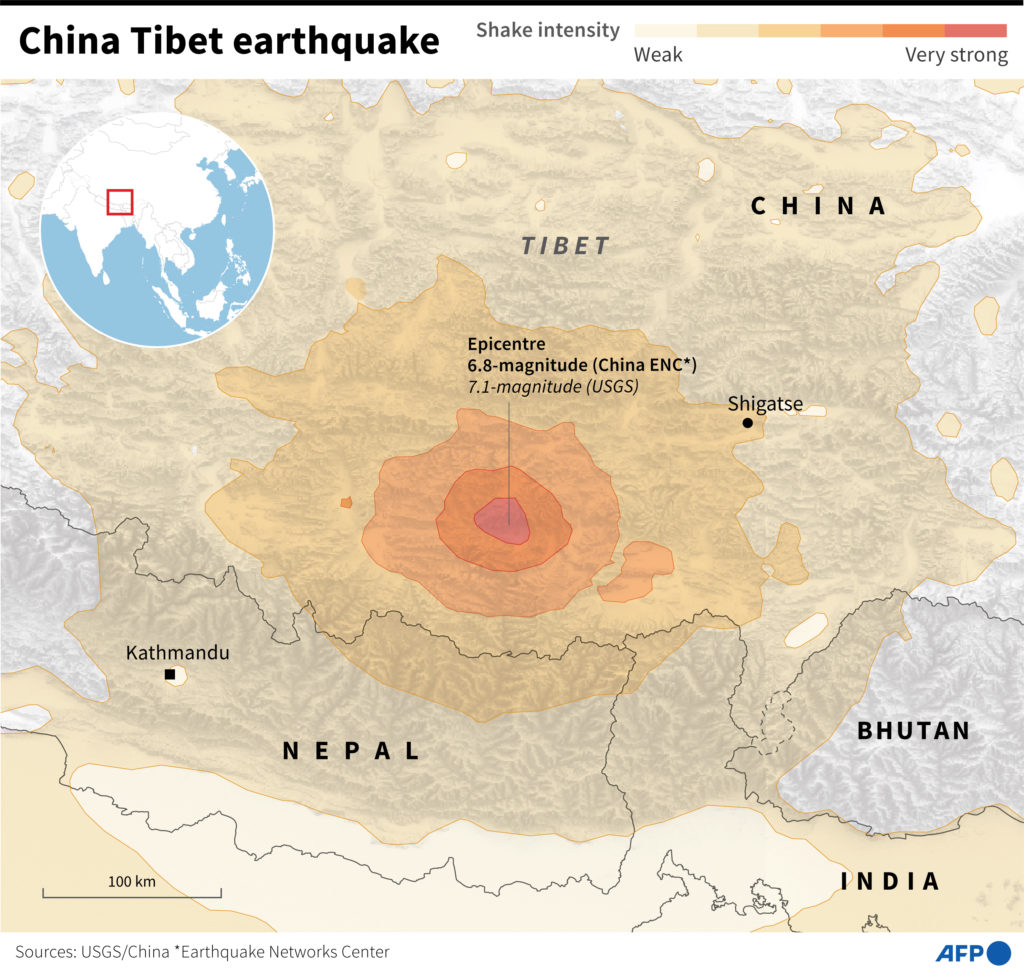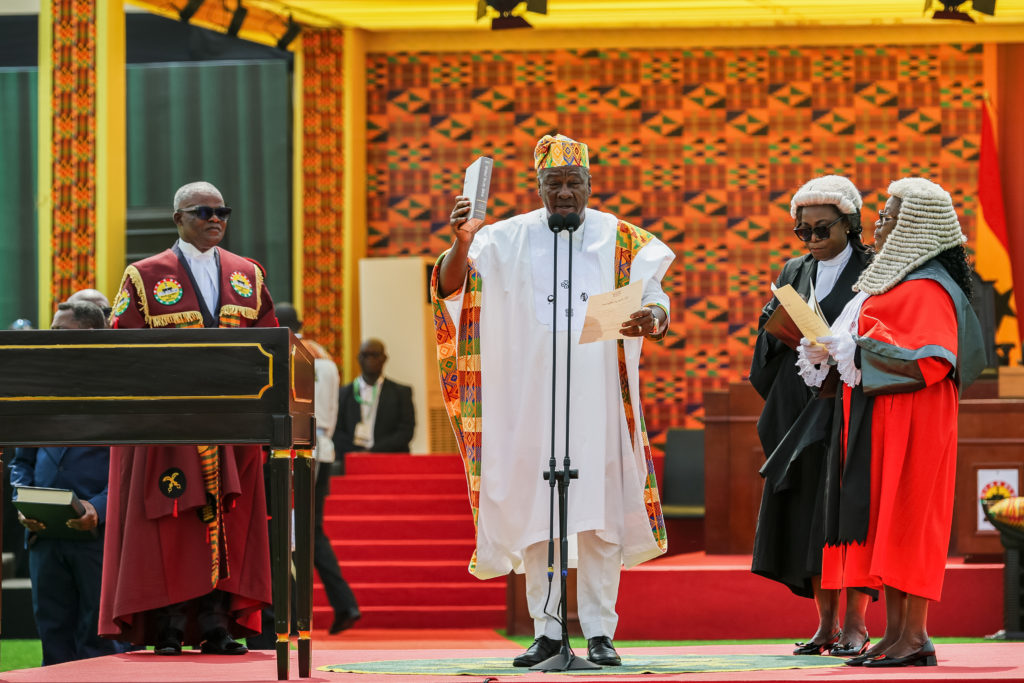The long-awaited trial opened on September 28, exactly 13 years after the massacre
Proceedings in a trial over a 2009 massacre in Guinea were adjourned for a week on Monday after former dictator Moussa Dadis Camara said he was too ill to give testimony.
Survivors of the bloodbath and relatives of the dead had been eagerly awaiting the moment when Camara would take the stand.
But the former military ruler, who appeared at the bar in civilian clothes and walking with some difficulty, said he was unwell.
“With all the respect that I have for your distinguished tribunal, I have already informed the director of the penitentiary, the head doctor of the penitentiary, (that) I have been ill for some time,” Camara said.
He said he felt “completely weak, from malaria I caught”.
“I’m not above the law but quite sincerely I absolutely think that I can’t (testify) right now.”
Camara and 10 other former military and government officials are accused over the killing of 156 people and the rape of at least 109 women by pro-junta forces at a political rally in a Conakry stadium in September 2009.
They face charges ranging from murder to sexual violence, kidnappings, arson and looting. Camara himself is charged with “personal criminal responsibility and command responsibility.”
Chief judge Ibrahima Sory Tounkara said, “The court cannot force you to say or do something that you do not wish to do… If you say that you cannot give testimony, the court acknowledges this.”
“You have a week, Mr. Camara,” he said, adjourning the trial until December 12.
Camara, at the time an unknown captain in the army, seized power in December 2008 shortly after the death of Guinea’s second post-independence president, General Lansana Conte, who had ruled for 24 years.
In December 2009, Camara was wounded in the head in an attempted assassination and headed to Morocco for medical treatment.
He fled into exile in Burkina Faso, where he was indicted in July 2015 by Guinean magistrates for his alleged role in the stadium massacre.
The 58-year-old former strongman was detained on September 27, a day before the long-awaited trial began in a purpose-built court in the capital Conakry.

